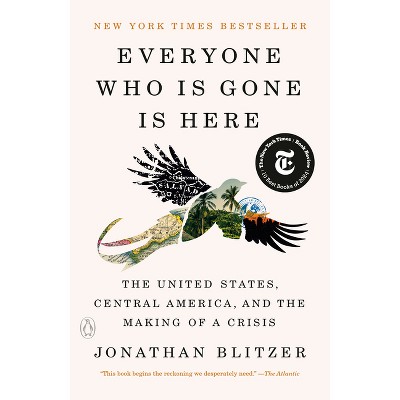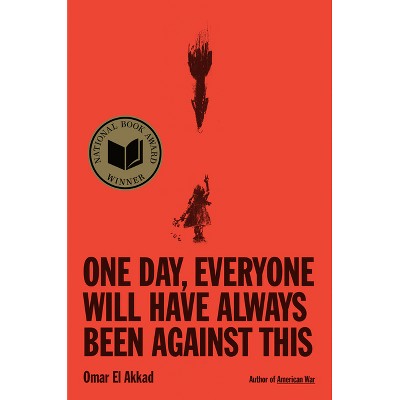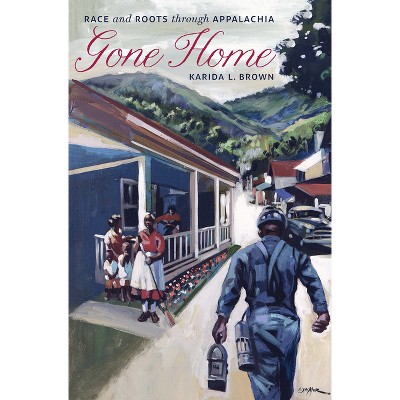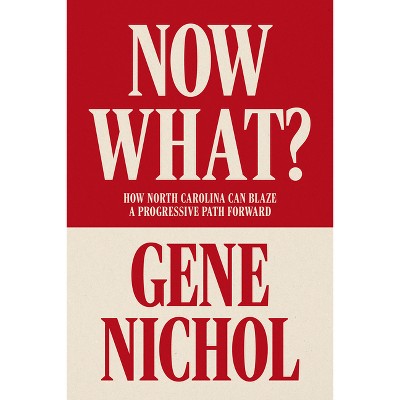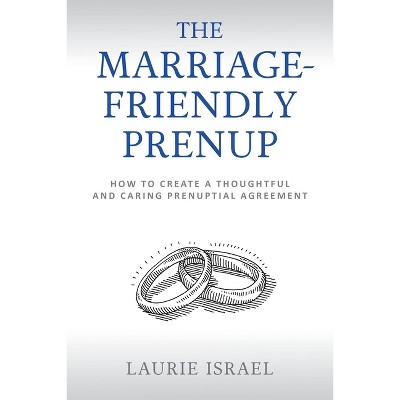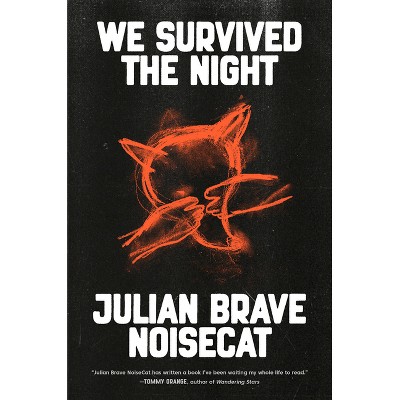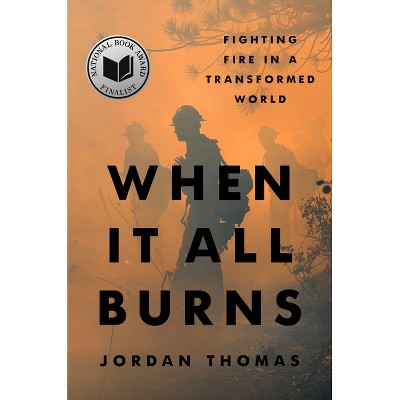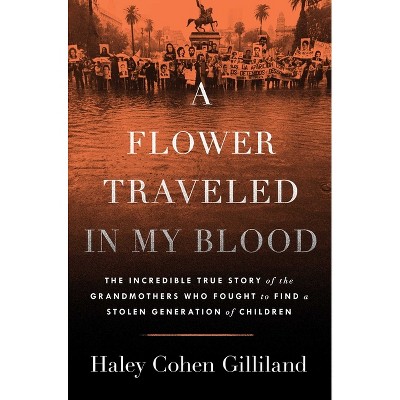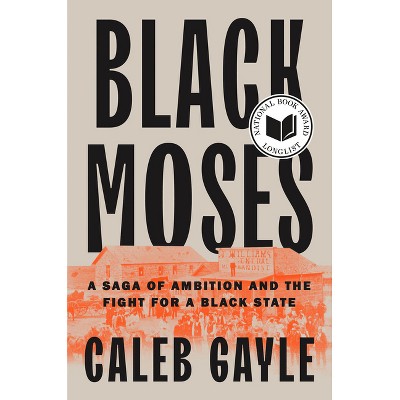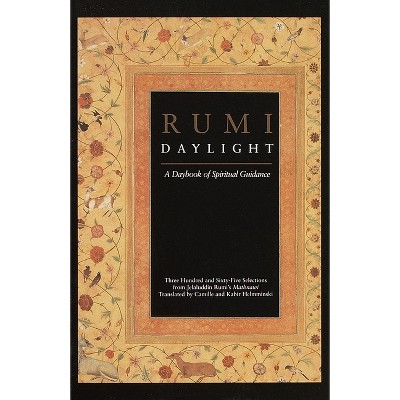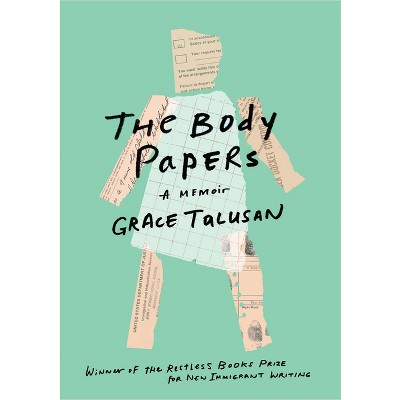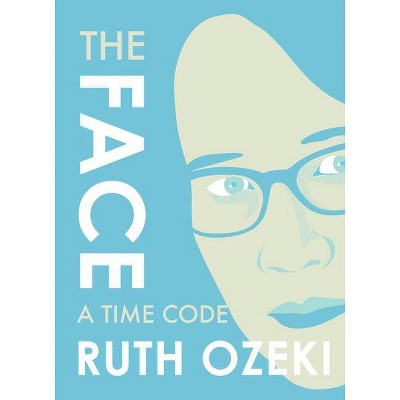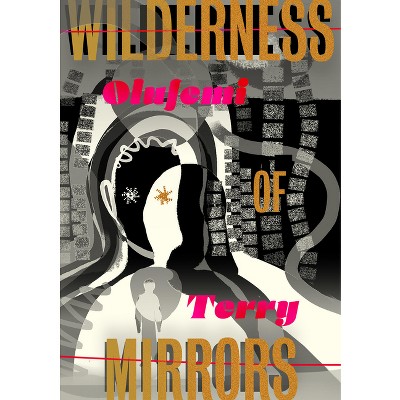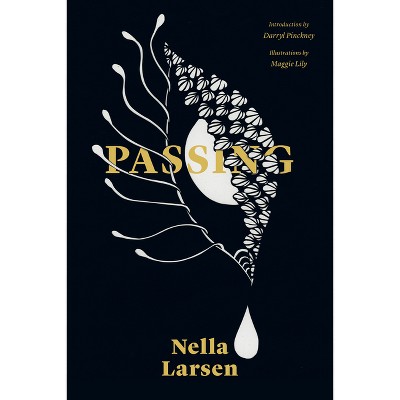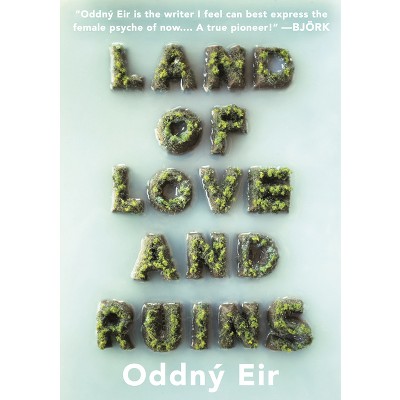Sponsored

How to Be Unmothered - by Camille U Adams (Paperback)
In Stock
Sponsored
About this item
Highlights
- Mapping the fault lines between mother and child (humanity's first and supposedly strongest bond), and with a poet's homeric vision of her native Trinidad, Camille U. Adams weaves the Caribbean island's history of colonial violence with her own family's legacy of abandonment.For generations, the women of Camille U. Adams' family have left their daughters.
- Author(s): Camille U Adams
- 288 Pages
- Biography + Autobiography, Cultural, Ethnic & Regional
Description
About the Book
"For generations, the women of Camille U. Adams' family have left their daughters. Some follow the siren call of rum. Others flee from beatings behind closed doors, rushing into any arms that offer refuge. Some simply disappear. As a girl, Adams finds solace in Trinidad's whispering fever grass, sweet ixora flowers, and the cradling branches of the rose mango tree-roots connecting her to the land's long memory. But on Covigne Road, gunshots echo and men amass in doorways, their mouths and hands promising violation. Home offers no safety: just an explosive father, cowed sisters, and a mother whose only reprieve is manipulation. Cloying, suffocating, the maternal embrace threatens to blot out all else. Is it better to be choked or not to be held at all?"--Book Synopsis
Mapping the fault lines between mother and child (humanity's first and supposedly strongest bond), and with a poet's homeric vision of her native Trinidad, Camille U. Adams weaves the Caribbean island's history of colonial violence with her own family's legacy of abandonment.
For generations, the women of Camille U. Adams' family have left their daughters. Some follow the siren call of rum, the centuries-old vice which alighted on Trinidad's shores from European ships. Others flee the behind-closed-doors beatings of husbands, fathers, and brothers, rushing into any arms that offer refuge. Some simply disappear, their passage marked by unkept promises and open wounds.
As a young girl, Adams finds solace in Trinidad's whispering fever grass, sweet ixora flowers, and the cradling branches of the rose mango tree--all of their roots connecting her to the land's long memory. But where flora gives way to the rank pavement of Covigne Road, gunshots echo and men amass in the doorways of derelict garages, their mouths and hands promising violation. Home offers no safety: just an explosive father, cowed sisters, and a mother whose only reprieve is control. Cloying, suffocating, the maternal embrace threatens to blot out all else. Is it better to be choked, or not to be held at all?
Tormented by her mother's presence and haunted by her absence, Camille U. Adams' dazzling debut is a breathtaking account of survival and self-determination, reimagining the meaning of escape, its cost, and what comes after.
Review Quotes
"Camille U. Adams has written a truly astounding memoir that brings to light a portrait of cruelty that few others are willing to admit, and from which fewer still are able to break free. Little could have prepared me for how much I needed this book in my life right here and right now. I implore everyone read How to Be Unmothered for its uncompromising truths delivered with unmistakable beauty." -- Marcelo Hernandez Castillo, author of Children of the Land
"A work of art, an excavation of memory, a blend of fierce determination, vulnerability, and a journey toward liberation. How to Be Unmothered is painful, beautiful, haunting."
-- Jaquira Díaz, author of Ordinary Girls
"The voice of this writer is unique, indelible, and strong. . . . Adams shows us a path towards a better life can be made through stories. Instead of hiding, possibilities for intimacy, connection, and even love, come from being known. Read this book and then put it into the hands of someone you love who has ever felt abandoned as a child, by which I mean, any of us."
-- Grace Talusan, author of The Body Papers
"A bruise and a wound. Read with care--both for the author and yourself if these things may trigger your own memories of hurt. I have been throughly mothered, and my heart aches for Adams. . . But reader, she does not need my pity. It's clear by the end of this book that she has found her way, and that she stands strong and tall, defiantly alive, still here."
-- Jacqueline Nyathi, Harare Review
Shipping details
Return details
Frequently bought together
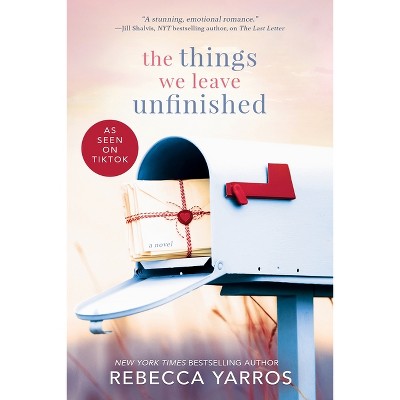


Guests also viewed
